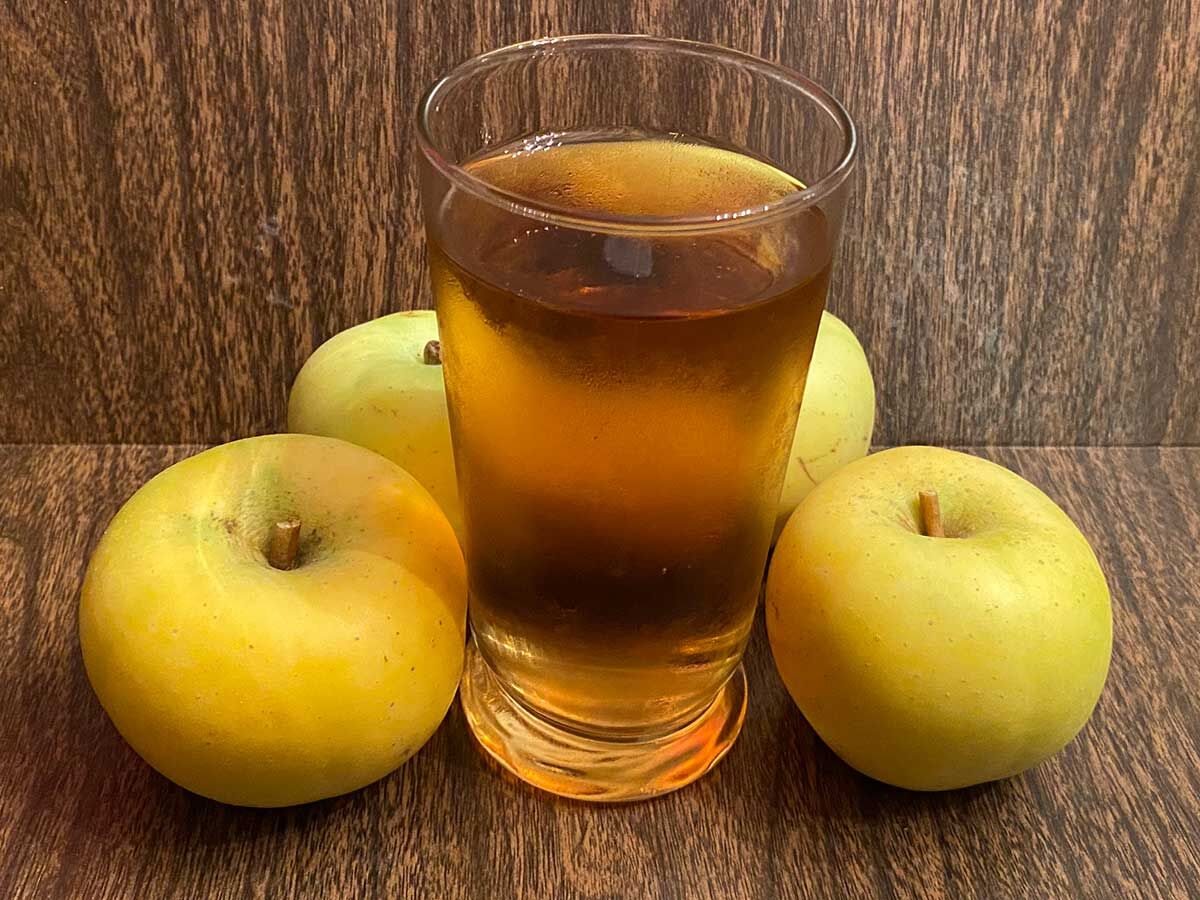Fermented apple juice, known as hard cider, is growing more popular in Missouri.
“Several breweries and wineries in the state have ramped up production to satisfy the demand,” said Michele Warmund, University of Missouri Extension horticulturist. Missouri apple producers see this resurgence as an opportunity to bolster sales of conventional apple cultivars as well as high-tannin cider cultivars, she said.
In response, MU Extension is offering its first Hard Cider School in February via Zoom. The free online classes will start Feb. 2 and be presented from 6 to 7 p.m. on four consecutive Wednesdays.
Topics include growing apples for hard cider, controlling apple pests, the production process for hard cider, and fermentation and sanitation in the cidery.
Register for the free sessions at extension.missouri.edu/events/hard-cider-school.
For more information, contact Michele Warmund at [email protected] or 573-882-9632, or Misha Kwasniewski at [email protected] or 814-865-6842.
Most cider made in the U.S. is composed of a base juice using common dessert-type apples. Producers often supplement with juice from classic high-tannin cultivars or other additions to improve aroma, taste and mouth feel, Warmund said.
“Many hard cider apple cultivars grown in North America were imported from Europe and are not as well-adapted to conditions in Missouri,” she said.
Meanwhile, MU researchers are working to rediscover classic cider apple cultivars and select new ones suited for local growing conditions.
Cider was the most common beverage in Colonial America. Colonists preserved their apple harvests by fermenting the juice. They used apple vinegar for pickling to preserve vegetables through long, harsh winters. When hard cider was plentiful, colonists used it to barter for goods and to pay bills, taxes and wages in the absence of hard currency.
Many of the Founding Fathers were hard cider enthusiasts, Warmund said. Before George Washington’s 1758 election to Virginia’s House of Burgesses, he served 144 gallons of hard cider and other beverages to entice voters. John Adams was known to drink an invigorating tankard of hard cider each morning. Thomas Jefferson regularly drank cider made from apples harvested at Monticello. William Henry Harrison generously dispensed hard cider at campaign rallies during his 1840 presidential run.
Cider consumption began to decline by the late 1800s as many rural Americans abandoned their farms and orchards and moved to cities, where beer usurped cider. However, the most devastating blow to the hard cider industry was the enactment of Prohibition in 1919.
Hard cider has enjoyed a resurgence in recent years. From 2001 to 2016, production in the U.S. increased annually by 27.3%. Hard cider is now estimated to be a $1.5 billion industry, with 910 cider producers in the U.S. as of 2020.

